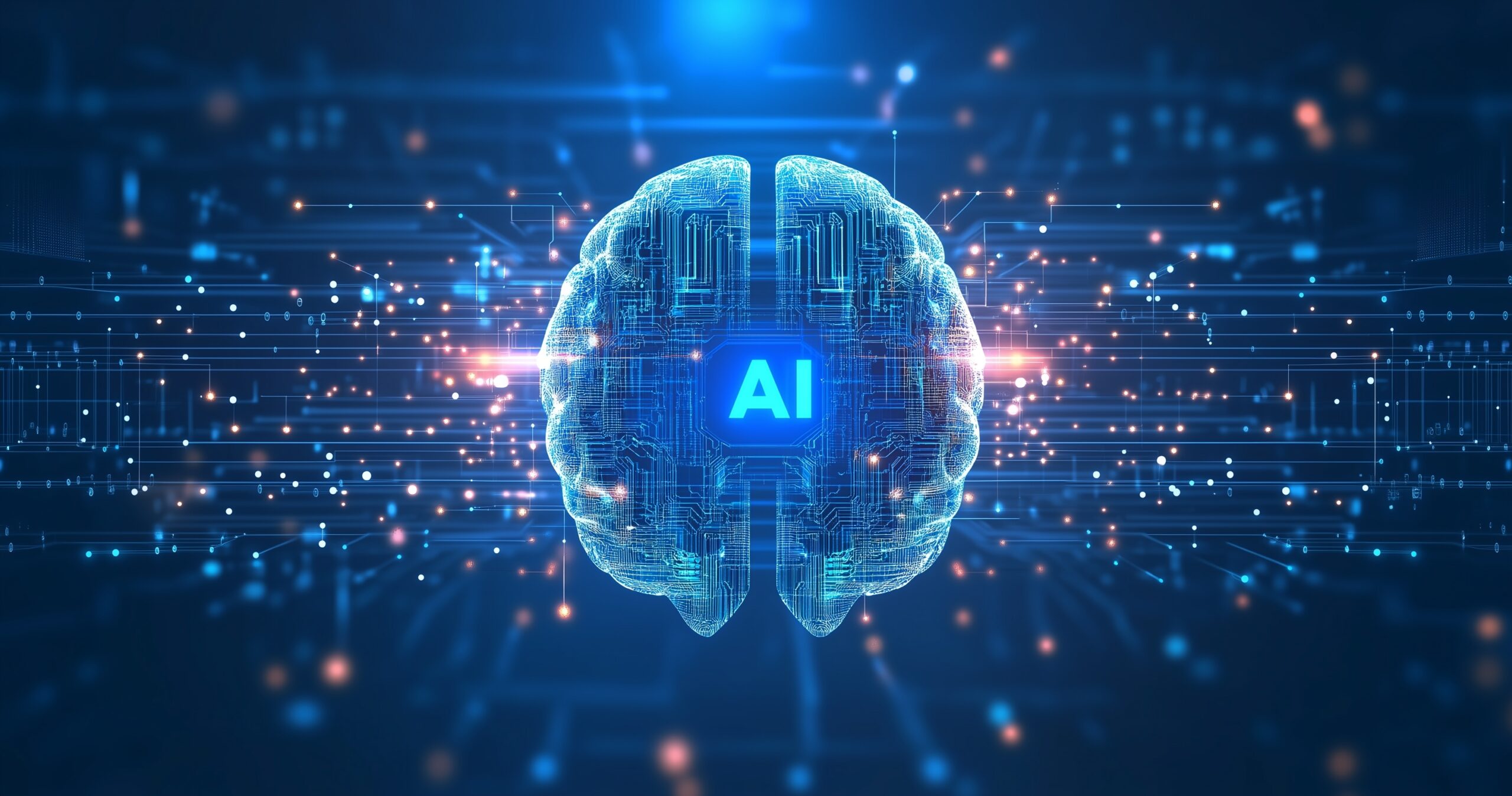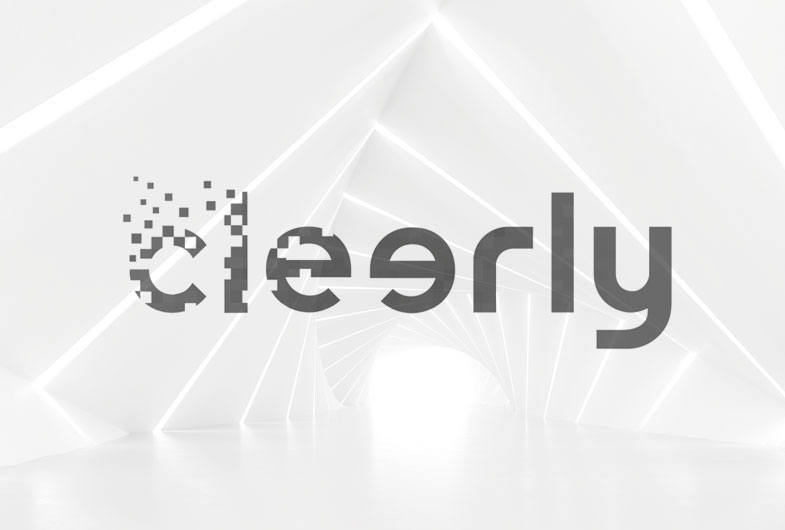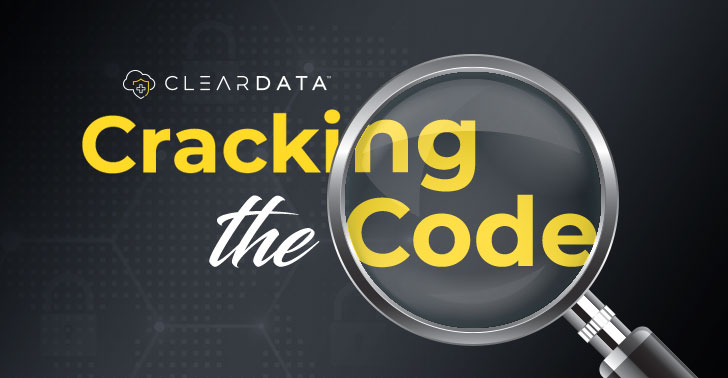Healthcare leaders face a daily reality of managing data from scattered systems while battling cybersecurity threats and a cybersecurity skills gap. If you’re losing sleep over protecting patient information while trying to deliver quality care, you’re not alone.
Here’s what’s changing: AI in healthcare is reshaping how we diagnose, treat, and protect patients right now all while bracing for new and disparate AI rules and regulations.
The Current State of AI in Healthcare
Artificial intelligence has moved beyond the realm of science fiction into real-world healthcare applications. From disease detection to personalized treatment plans, AI for healthcare professionals is becoming an essential tool rather than a luxury.
Large language models are processing vast amounts of medical literature, patient records, and research papers to identify patterns that human analysis might miss. This capability is particularly valuable when dealing with:
- Complex diagnostic challenges
- Treatment plan optimization
- Risk assessment across multiple data sources
The technology isn’t replacing healthcare professionals—it’s amplifying their capabilities when used correctly.
Real-World Applications of Generative AI in Healthcare
Disease Detection and Diagnosis
AI in disease detection has proven its worth in identifying conditions earlier and more accurately than traditional methods.
ClearDATA customer, Azra AI is pioneering artificial intelligence in oncology care, providing advanced tools that help healthcare providers detect cancer earlier, optimize treatment decisions, and streamline patient care. With its AI-powered solutions supporting nurse navigators, tumor boards, and cancer registries, Azra AI plays a crucial role in improving cancer care.
- Analyze medical imaging with precision that matches or exceeds radiologists
- Process lab results to flag potential health concerns
- Cross-reference symptoms with vast medical databases
- Identify rare conditions that might be overlooked
- Personalized Medicine with AI
The benefits of AI in healthcare extend to creating treatment plans tailored to individual patients. By analyzing genetic information, medical history, and current health status, AI systems can:
- Recommend optimal drug dosages
- Predict treatment responses
- Identify potential adverse reactions before they occur
- Suggest alternative therapies based on patient-specific factors
Healthcare Data Security with AI
One of the most critical applications involves protecting sensitive patient information. Healthcare data security with AI helps organizations:
- Monitor networks for unusual activity patterns
- Detect potential breaches before they escalate
- Assess compliance risks across all data sources
- Provide real-time threat analysis and response

Success Stories: AI for Health Insurance Providers
ClearDATA customer Machinify demonstrates the practical value of AI implementation. Founded specifically to develop artificial intelligence software for health insurance providers, Machinify has been leveraging AI for over a decade.
Their success shows how AI for health insurance providers can:
- Streamline claims processing
- Improve fraud detection
- Enhance customer service through automated responses
- Optimize provider network management
Key Benefits of AI in Healthcare
1. Enhanced Patient Care and Outcomes
AI is transforming patient care by enhancing treatment effectiveness and supporting healthcare professionals in making better decisions. By quickly processing large datasets, AI enables faster diagnoses, more accurate treatment recommendations, and improved patient monitoring.
It also plays a crucial role in reducing medical errors, ultimately leading to better outcomes for patients. As technology continues to evolve, the integration of AI in healthcare is proving to be a game-changer in delivering more precise and efficient care.
2. Operational Efficiency
Healthcare organizations leveraging AI are experiencing transformative improvements in operational efficiency. By automating documentation and reporting, AI significantly reduces administrative burdens, freeing up time for healthcare professionals to focus on patient care or innovating in the healthcare technology space. Workflows are streamlined with optimized scheduling and resource allocation, ensuring smoother operations across the board.
AI also drives cost reductions by enabling more efficient use of staff and equipment, while faster processing ensures quicker turnaround times for test results and approvals. Want to see how AI can revolutionize your healthcare operations? Discover more in our latest blog!
3. Preventive and Precision Medicine
AI enables a shift from reactive to proactive healthcare:
- Early Warning Systems: Identifying health risks before symptoms appear
- Predictive Analytics: Forecasting potential health issues based on patient data
- Customized Prevention Plans: Tailored wellness programs for individual patients
- Population Health Management: Analyzing trends across patient populations
Addressing Concerns About AI in Healthcare
While the benefits are significant, healthcare leaders must address legitimate concerns about AI implementation and ongoing governance of different AI tools:
Privacy and Security
To ensure the security of AI systems, it’s essential to implement robust data encryption and access controls, conduct regular security audits, and perform compliance assessments. Equally important is staff training on AI security protocols to prevent breaches and maintain trust.
Clear data governance policies further safeguard sensitive information and keep your operations aligned with industry standards.
Patient Safety
The integration of AI in healthcare has the potential to revolutionize patient outcomes, but it also raises critical safety concerns. Issues like Shadow AI and improper governance
Maintaining human oversight of AI-generated recommendations is essential to prevent errors.
Regular validation of AI system accuracy ensures reliable results, while clear protocols address system failures or mistakes. Continuous monitoring and improvement processes are key to safeguarding patients as AI becomes more prevalent in medical decisions.
Integration Challenges
The healthcare industry is notoriously complex, with disparate systems, varying workflows, and stringent regulations. Many organizations rely on legacy systems that don’t easily communicate with modern AI tools, creating significant interoperability challenges.
Additionally, the sensitive nature of patient data requires robust security and compliance measures, adding another layer of difficulty. Successful AI integration demands careful planning and execution to ensure technology enhances, rather than disrupts, existing practices.
Here are some recommendations on how to integrate AI in your healthcare organization:
- Plan for gradual implementation rather than wholesale changes: Introducing AI in stages lets organizations test its impact on smaller processes before scaling up, reducing the risk of disrupting critical systems.
- Invest in staff training and change management: AI tools are only as effective as the people using them. Providing training and addressing resistance to change are crucial for ensuring smooth adoption among healthcare professionals.
- Ensure AI systems integrate with existing workflows: AI should complement, not complicate, current practices. Seamless integration with electronic health records (EHRs) and other systems is essential for widespread adoption and usability.
- Establish clear success metrics and monitoring systems: Define measurable outcomes to track the performance of AI implementations. Regular monitoring ensures the technology is delivering value and aligns with organizational goals.
How ClearDATA Leverages AI for Compliance
AI compliance in healthcare requires specialized knowledge and tools. ClearDATA understands the unique requirements of healthcare organizations utilizing AI to advance patient and business outcomes.
Our approach includes:
- Comprehensive Risk Assessments: ClearDATA conducts a comprehensive Security Risk Assessments to analyze potential compliance risks across multiple platforms and data sources.
- Real-Time Monitoring: Our team works alongside yours to ensure the right risks are addressed at the right time, keeping your cloud environments secure, compliant, and resilient while leveraging AI to advance your business.
- Automated Reporting: Generated compliance reports that save time and reduce human error.
- Proactive Guidance: Cloud-specific Compliance Risk Assessments (CRAs) that help ClearDATA customers maintain healthcare security and compliance in the cloud, ensuring auditability and control over PHI.
When new tools emerge, such as Amazon Bedrock, we provide practical guidance through our CRAs to help healthcare organizations leverage these innovations safely.
Check out our blog on how to leverage Amazon Bedrock with your healthcare cloud.
Ready to Implement AI in Your Healthcare Organization?
The question isn’t whether you need AI to grow your healthcare business—it’s how quickly you can implement it safely and effectively.
ClearDATA specializes in helping healthcare organizations leverage AI while maintaining strict compliance and security standards. Our healthcare-specific expertise ensures your AI implementation protects patient data while delivering the operational benefits you need.
Schedule your free consultation today and learn how we can help you safely implement AI in your healthcare organization.
Confidently transform with AI in the cloud today



